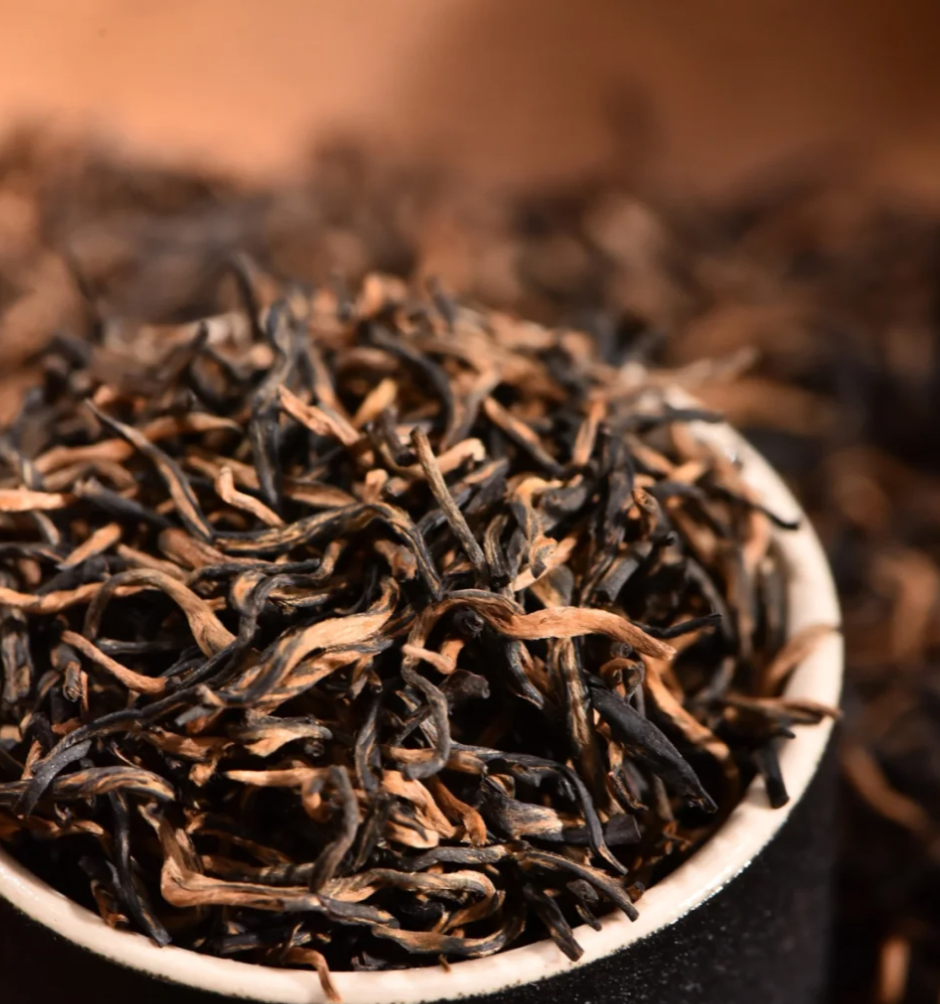
Unraveling the Mystery: Can Black Tea Cause Constipation?
As a tea enthusiast, I've always been intrigued by the potential health benefits and drawbacks of different tea varieties. Recently, I've been hearing a lot of chatter about the connection between black tea and constipation, and I decided to dive in and uncover the truth.
Black tea, a beloved beverage enjoyed by millions around the world, is known for its rich, robust flavor and its potential to provide a range of health benefits. From its antioxidant properties to its ability to potentially aid in weight management, black tea has long been touted as a healthy choice. However, the whispers about its potential to cause constipation have left many tea drinkers, myself included, wondering if we need to rethink our daily cup.
To get to the bottom of this, I've done some research and consulted with experts in the field of nutrition and digestive health. The findings have been quite fascinating, and I'm excited to share what I've learned.
The Science Behind Black Tea and Constipation
The primary culprit behind the potential link between black tea and constipation is the presence of tannins. Tannins are a type of polyphenol compound found in black tea, and they are known to have a astringent effect on the digestive system. This means that they can actually draw moisture out of the intestines, leading to a more difficult and less frequent bowel movement.
Additionally, black tea contains caffeine, which is a stimulant that can also have a dehydrating effect on the body. When the body is dehydrated, it can lead to constipation as the stool becomes harder and more difficult to pass.
However, it's important to note that the relationship between black tea and constipation is not a one-size-fits-all scenario. The severity of the effect can vary from person to person, depending on factors such as individual sensitivity, overall diet, and hydration levels.
Moderation is Key
The good news is that for many people, the occasional cup of black tea is unlikely to cause significant constipation issues. The key is to maintain a balanced diet, stay hydrated, and be mindful of how your body reacts to black tea consumption.
If you do find that black tea is causing you digestive discomfort, there are a few things you can try:
- Reduce your black tea intake and gradually introduce it back into your routine to see how your body responds.
- Opt for herbal teas or green tea, which tend to have lower tannin and caffeine levels.
- Increase your water intake to help offset the dehydrating effects of black tea.
- Incorporate more fiber-rich foods into your diet to help keep your digestive system regular.
At the end of the day, the relationship between black tea and constipation is a complex one, and it's important to listen to your body and make adjustments as needed. By being mindful of your tea consumption and maintaining a healthy, balanced lifestyle, you can continue to enjoy the many benefits of this beloved beverage without the unwanted side effects.
So, the next time you reach for a steaming cup of black tea, remember to sip and savor it, but also be mindful of how it's affecting your digestive health. With a little bit of experimentation and self-awareness, you can find the perfect balance that works for you.
